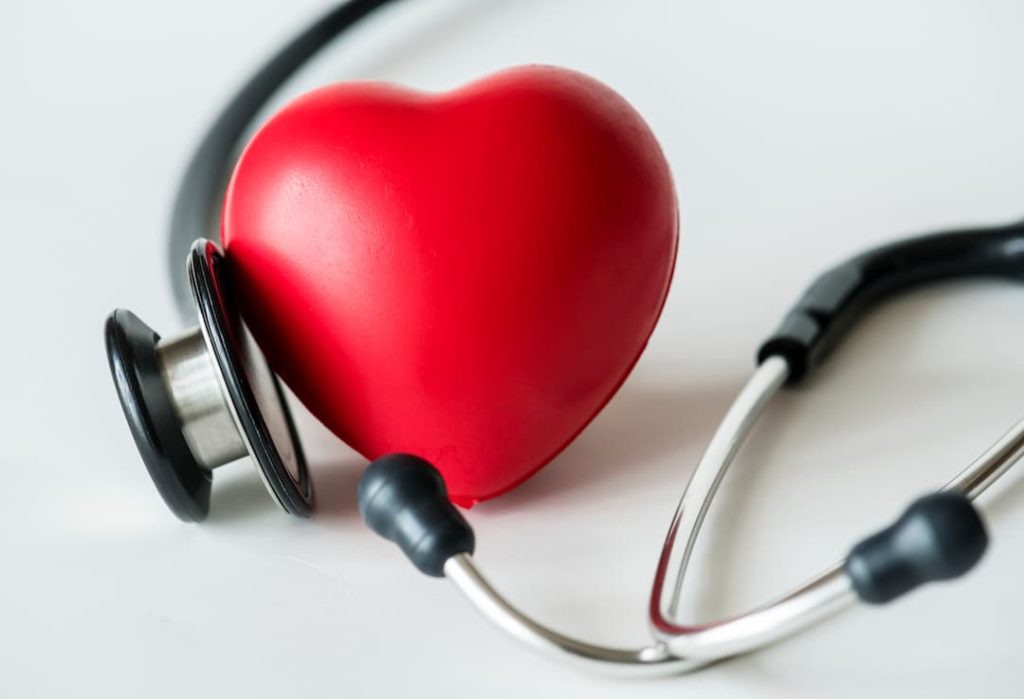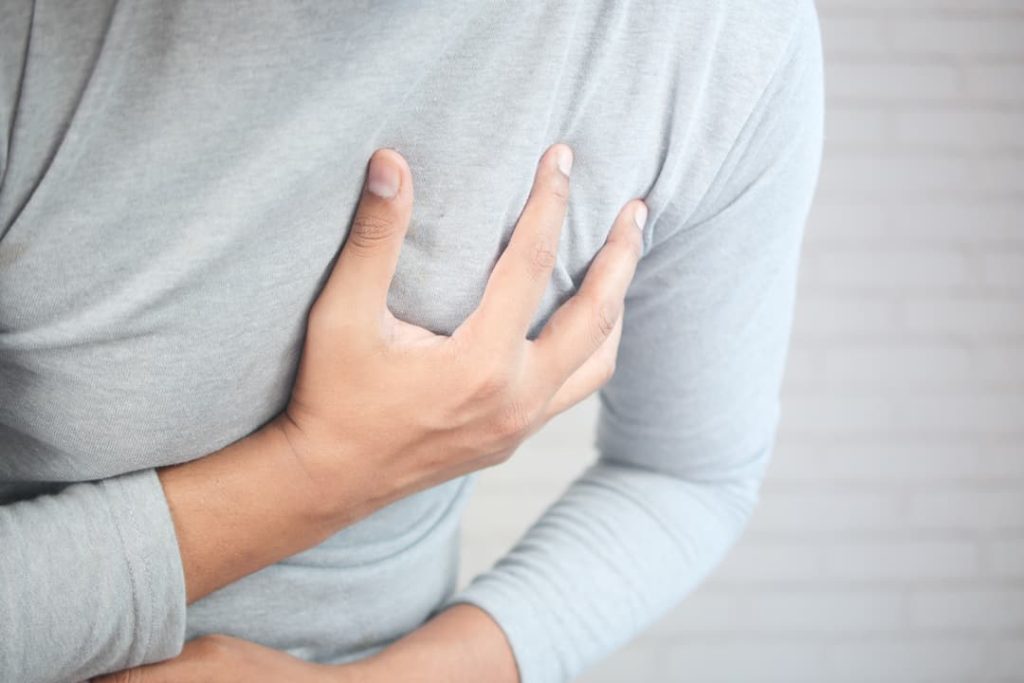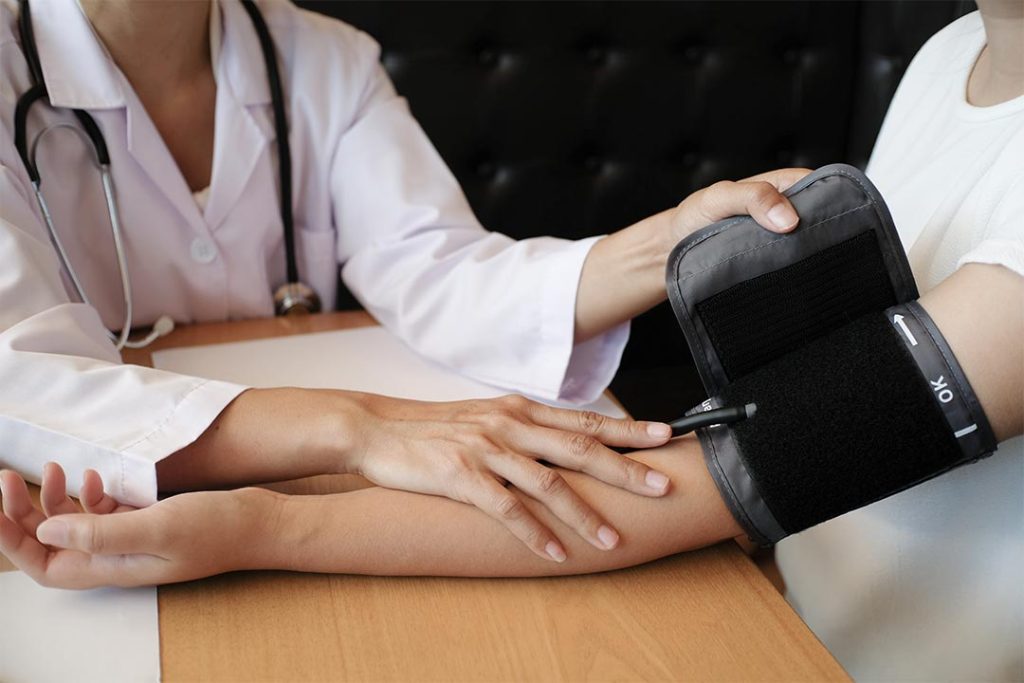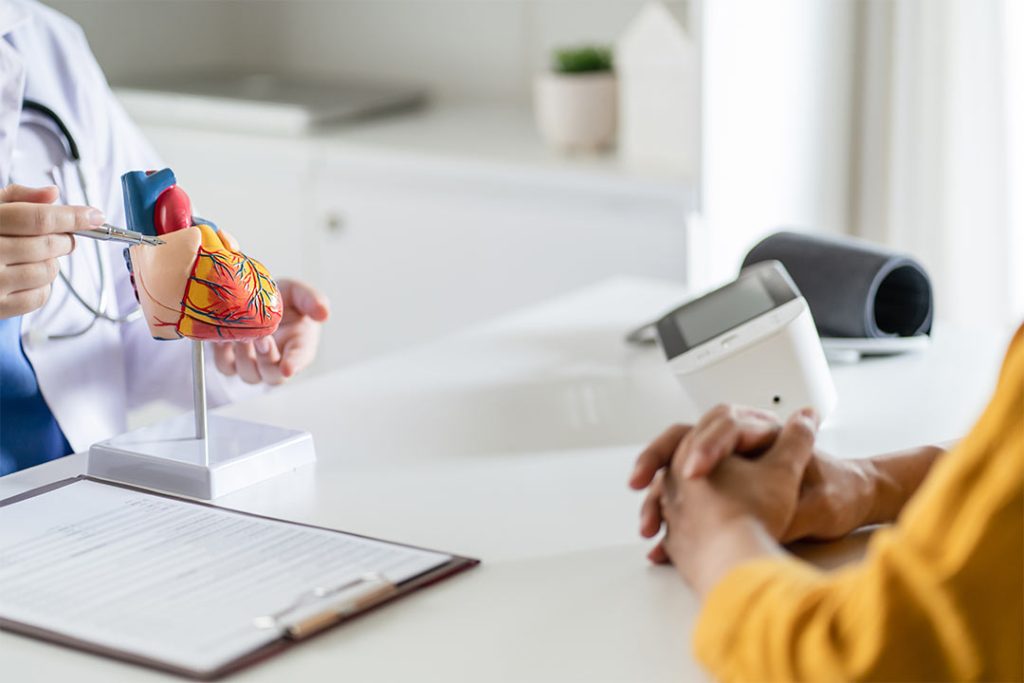Cigarettes and cardiovascular disease
Smoking is one of the biggest risk factors leading to the onset of cardiovascular disease and is the main cause of illness and avoidable death in the majority of countries. According to the WHO, it’s estimated that 5.4 million people die prematurely due to smoking and if the tendency of the past years continues it Will increase to 10 million by the year 2025. Apart from cardiovascular death, the smoking habit is associated with chronic obstructive pulmonary disease and cancer, especially lung cancer. Approximately 50% of smokers can die due to tobacco-related illnesses. The probability of developing acute coronary events is directly related to the number of cigarettes smoked daily and the number of years since smoking began. It is considered that passive smokers have a 30% chance of developing coronary disease. A study revealed that arteriosclerosis increased by 50% in smokers and 30% in passive smokers in relationship to non-smokers. Here at SINCRO we have a team of specialists that allow for complete control of your pathologies, book your appointment here








